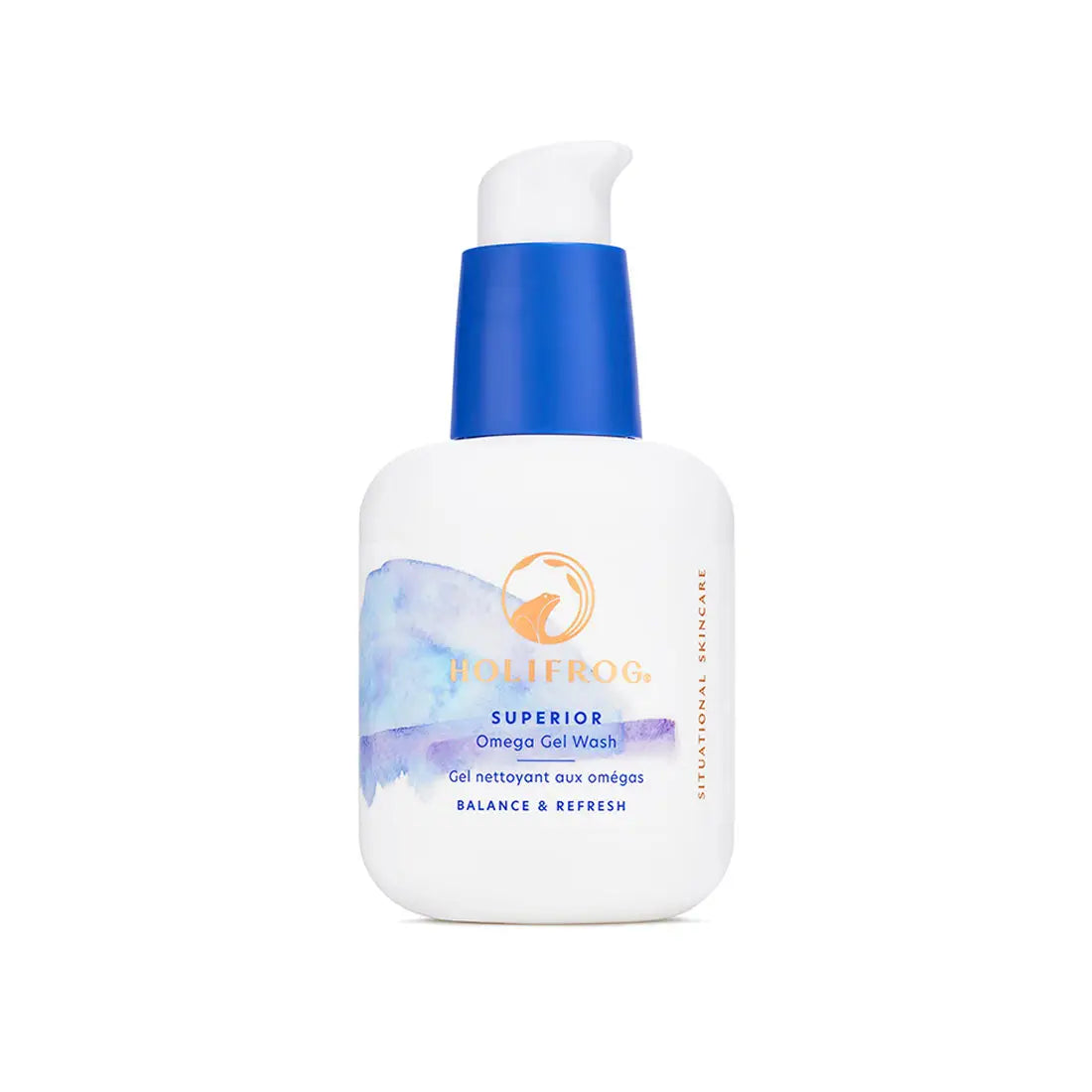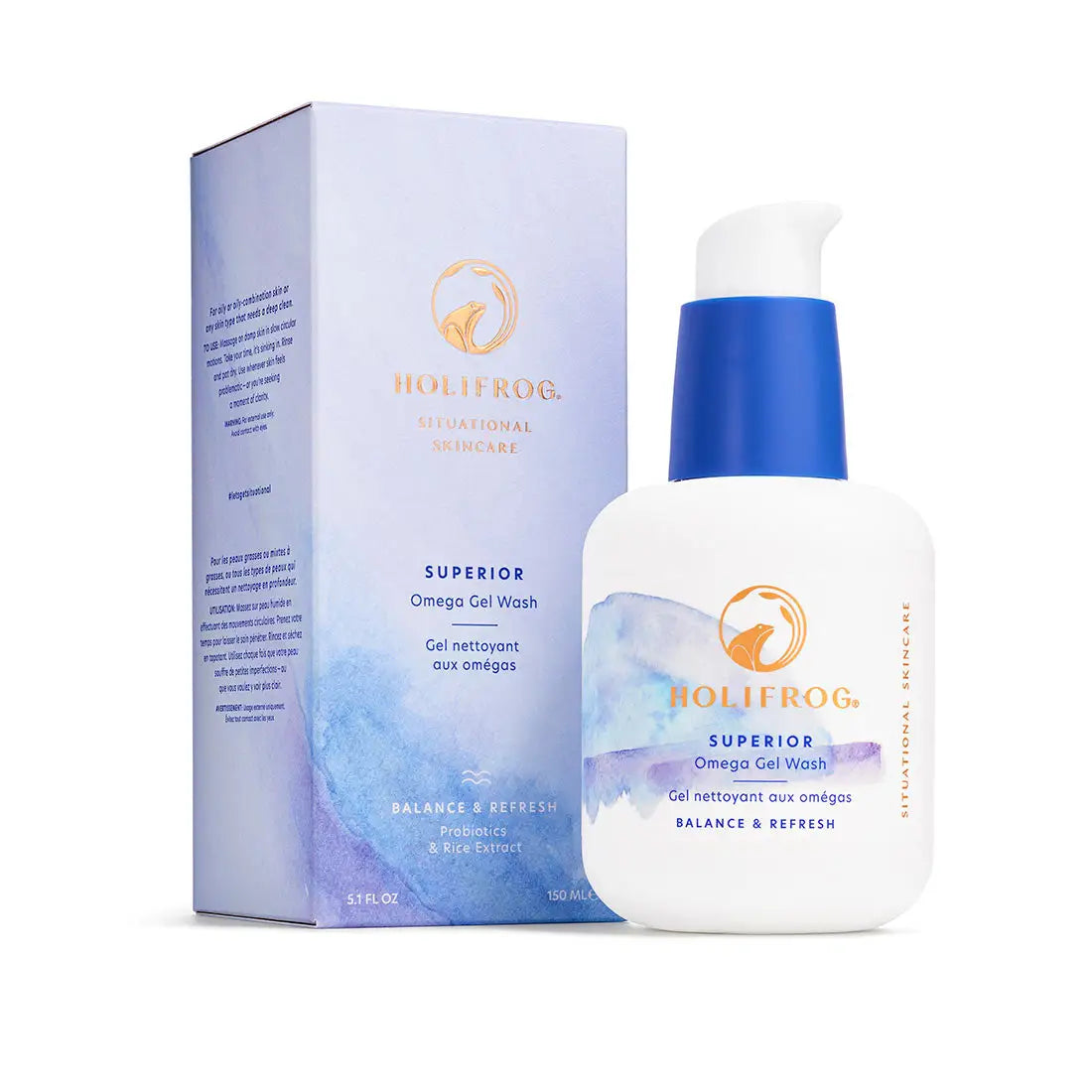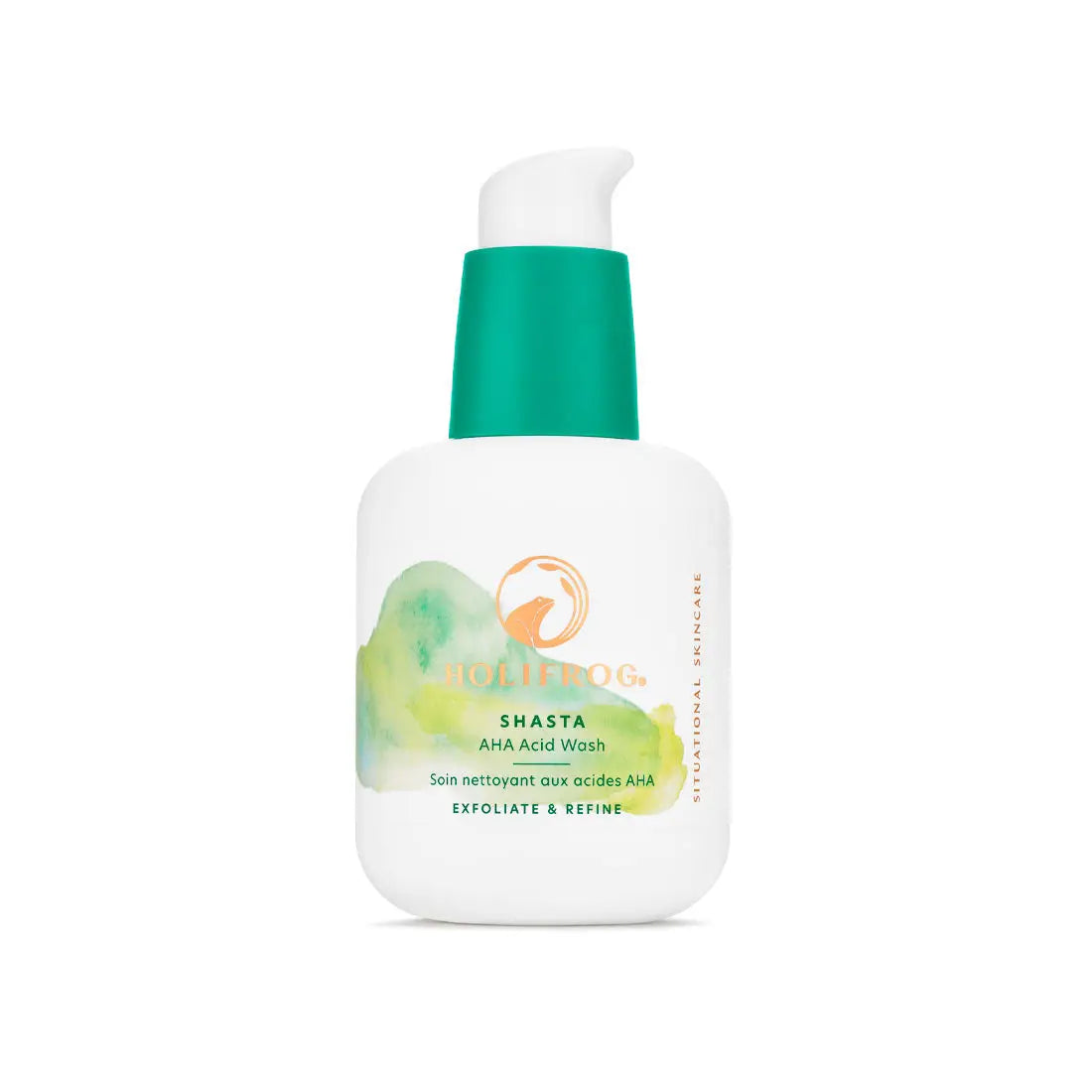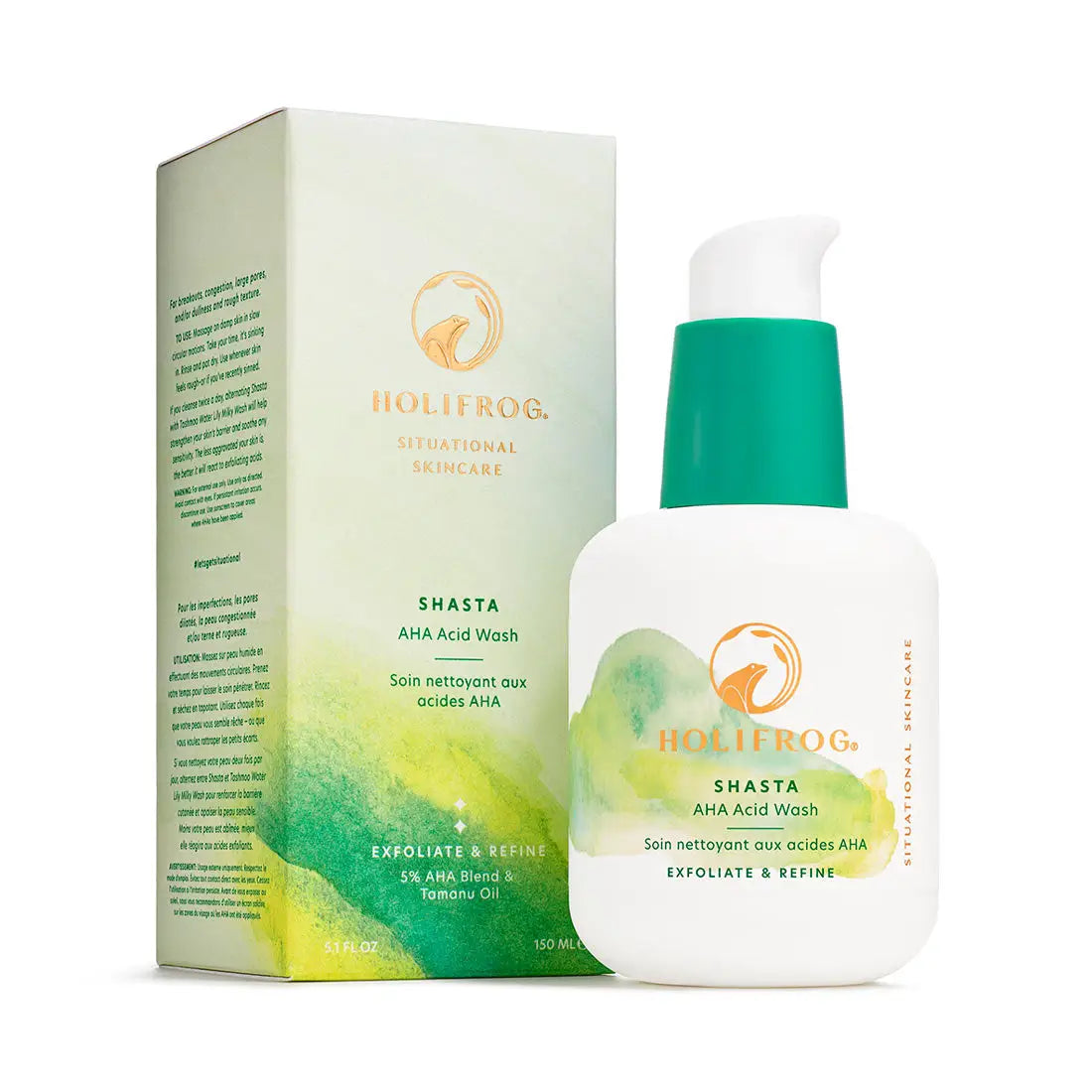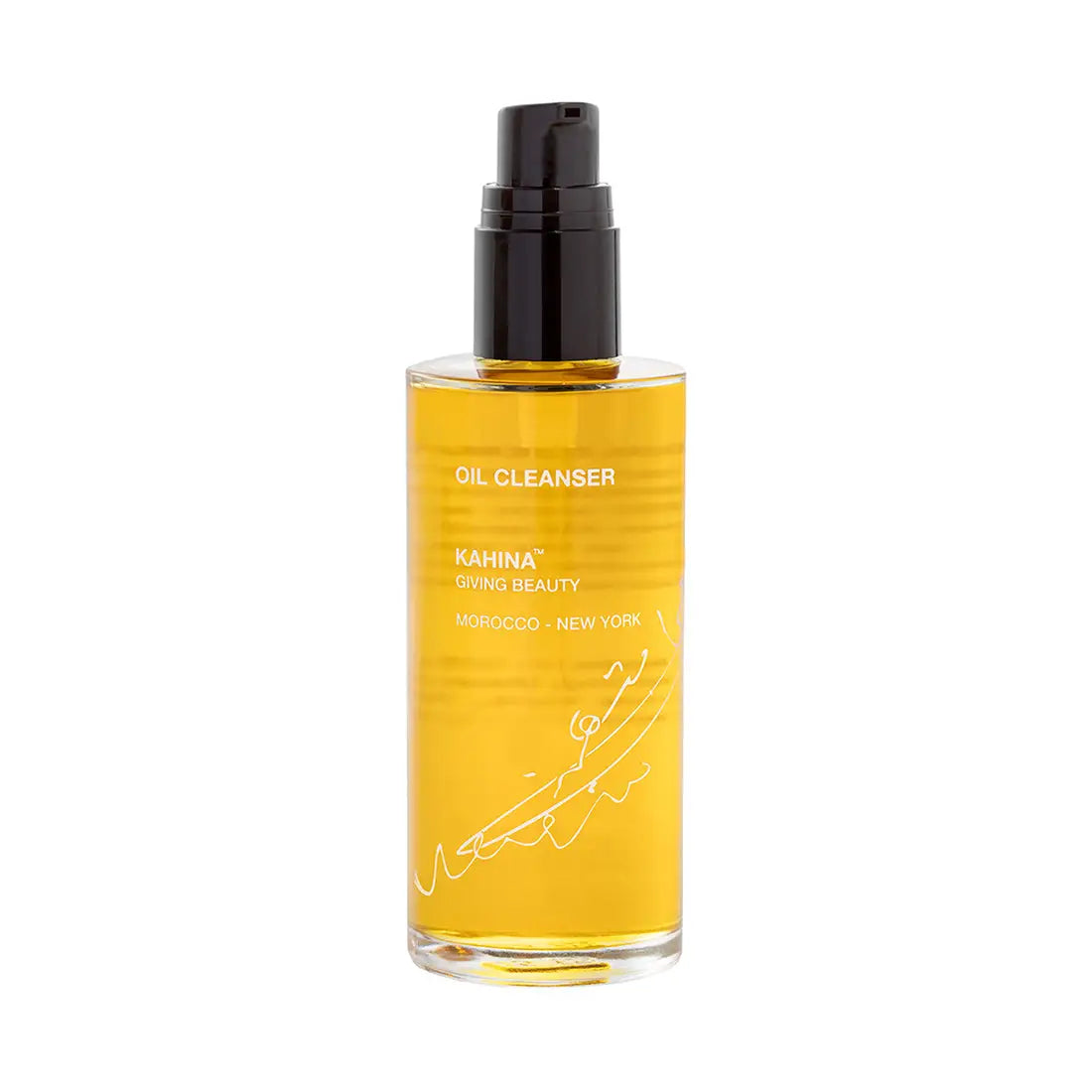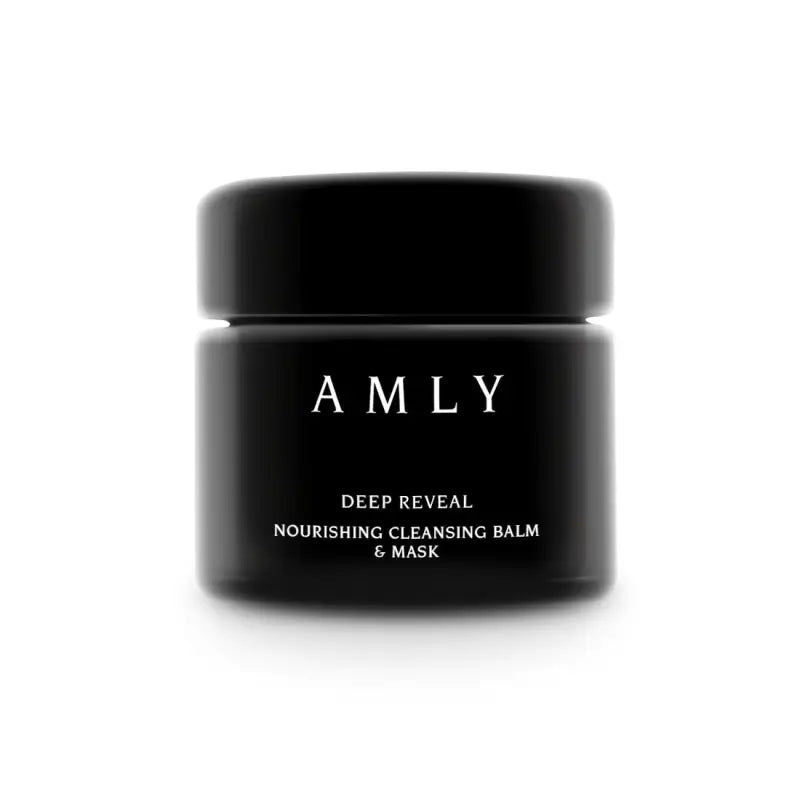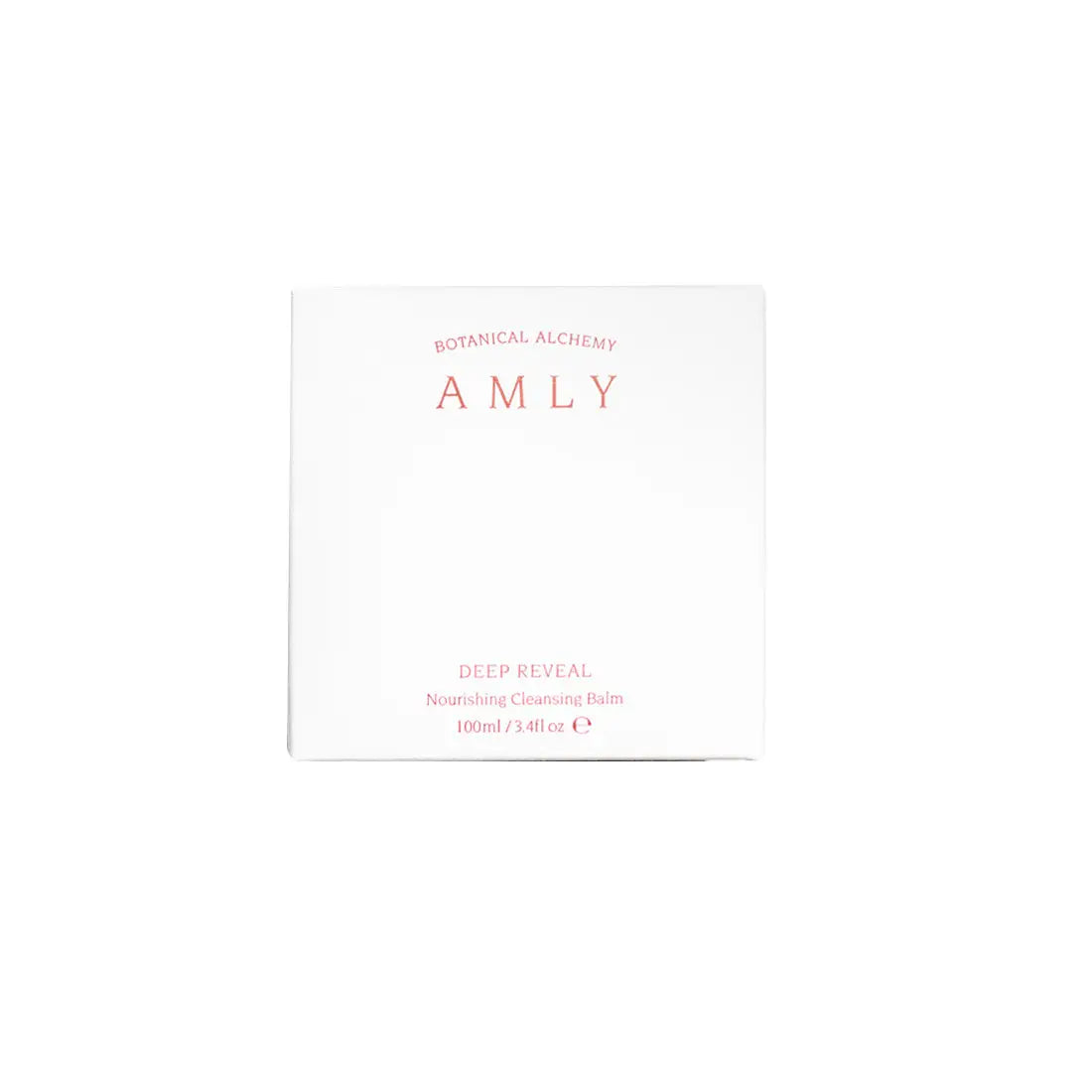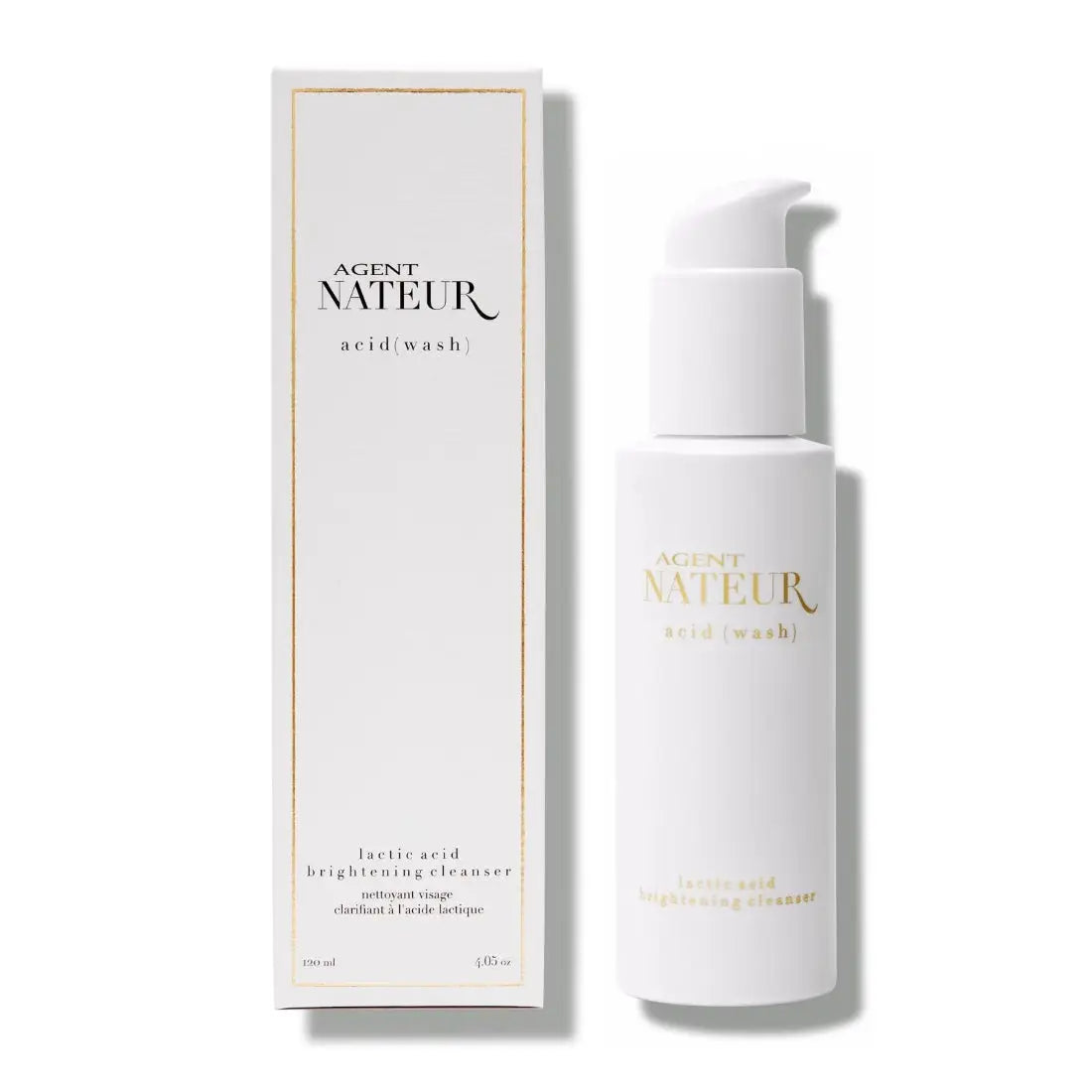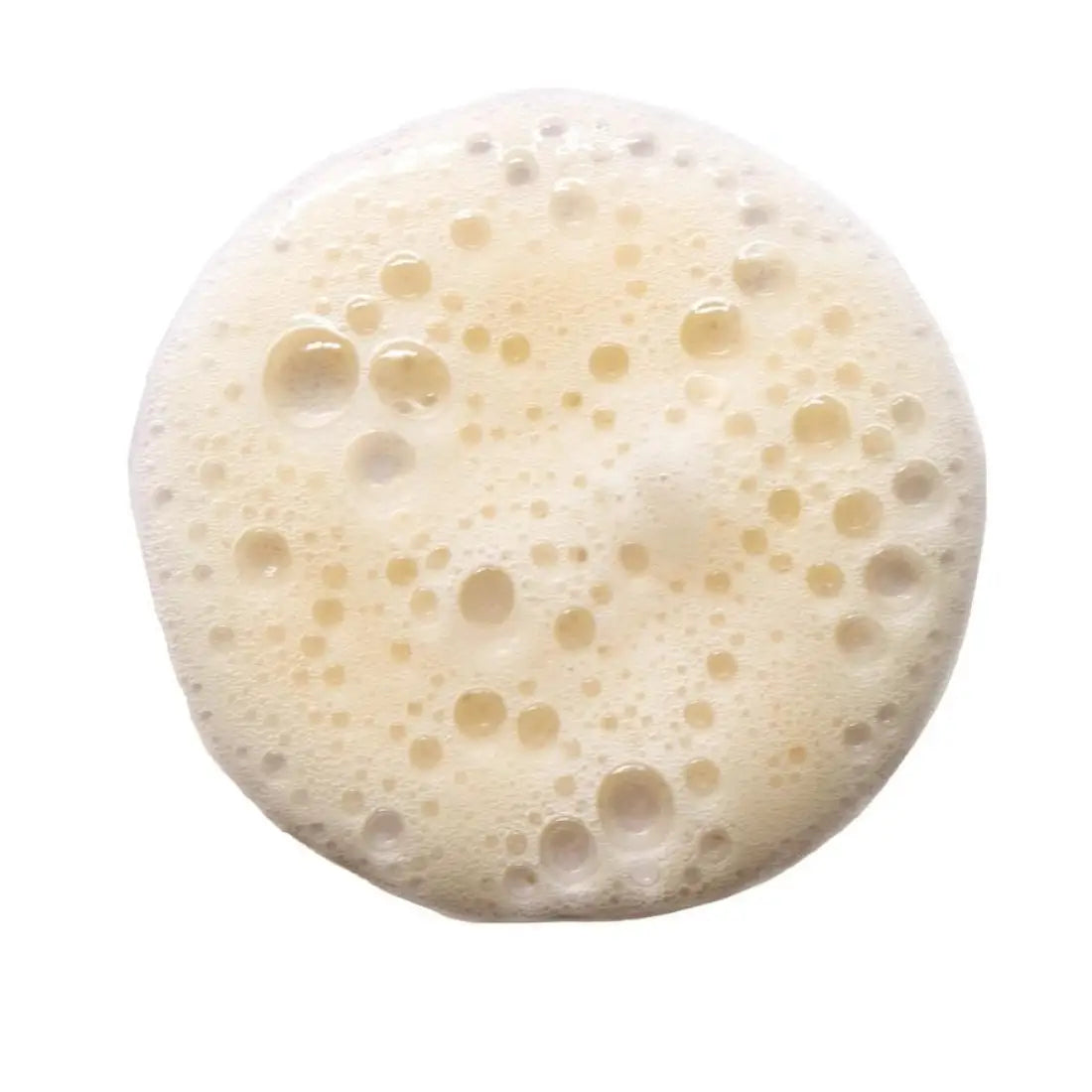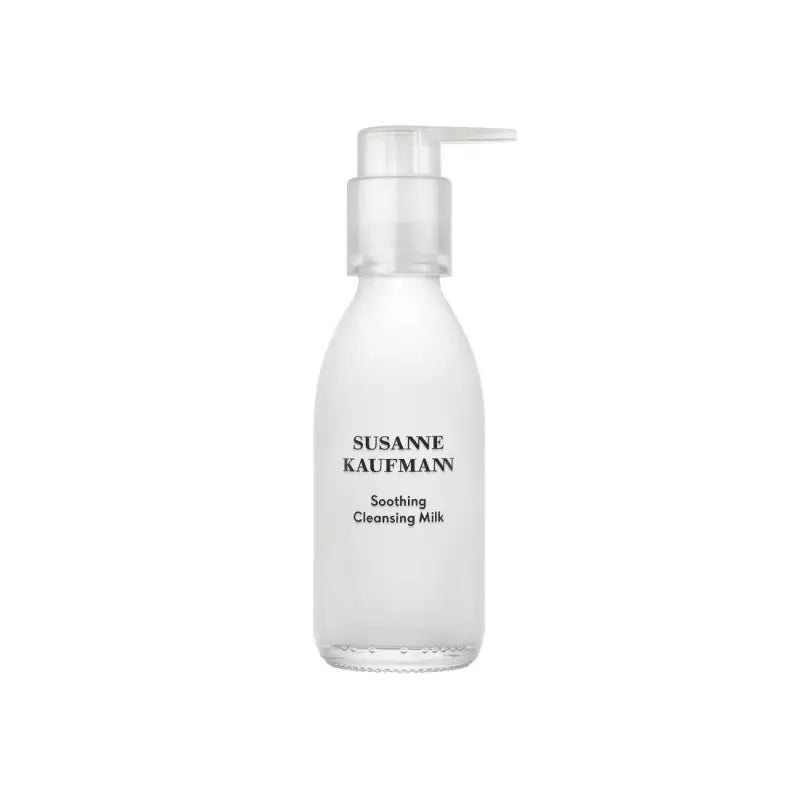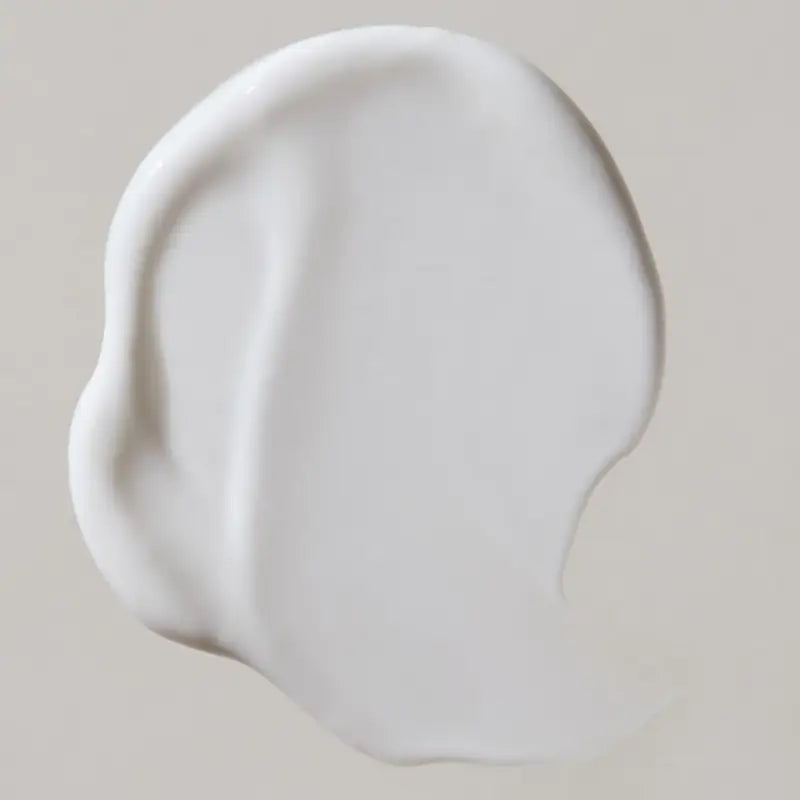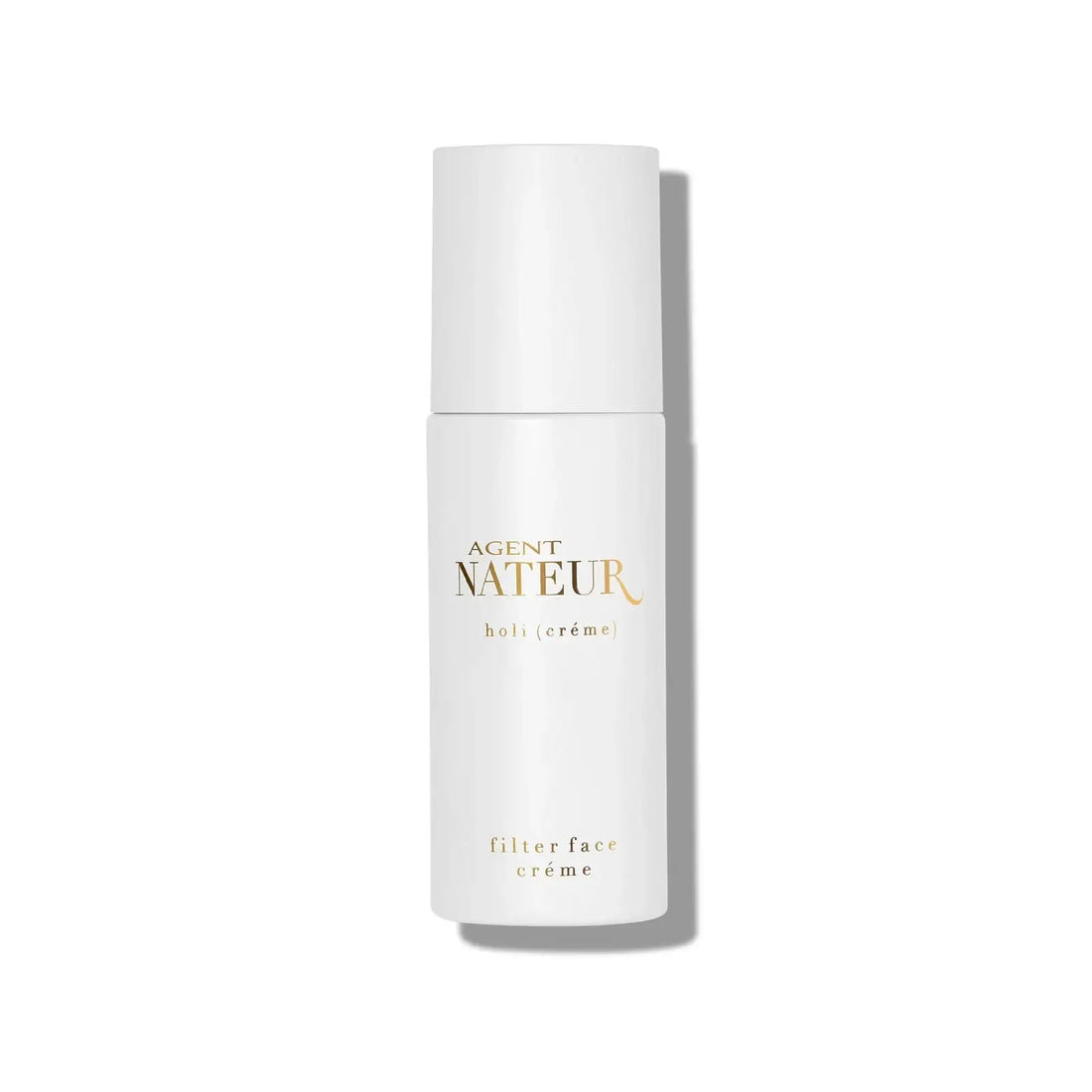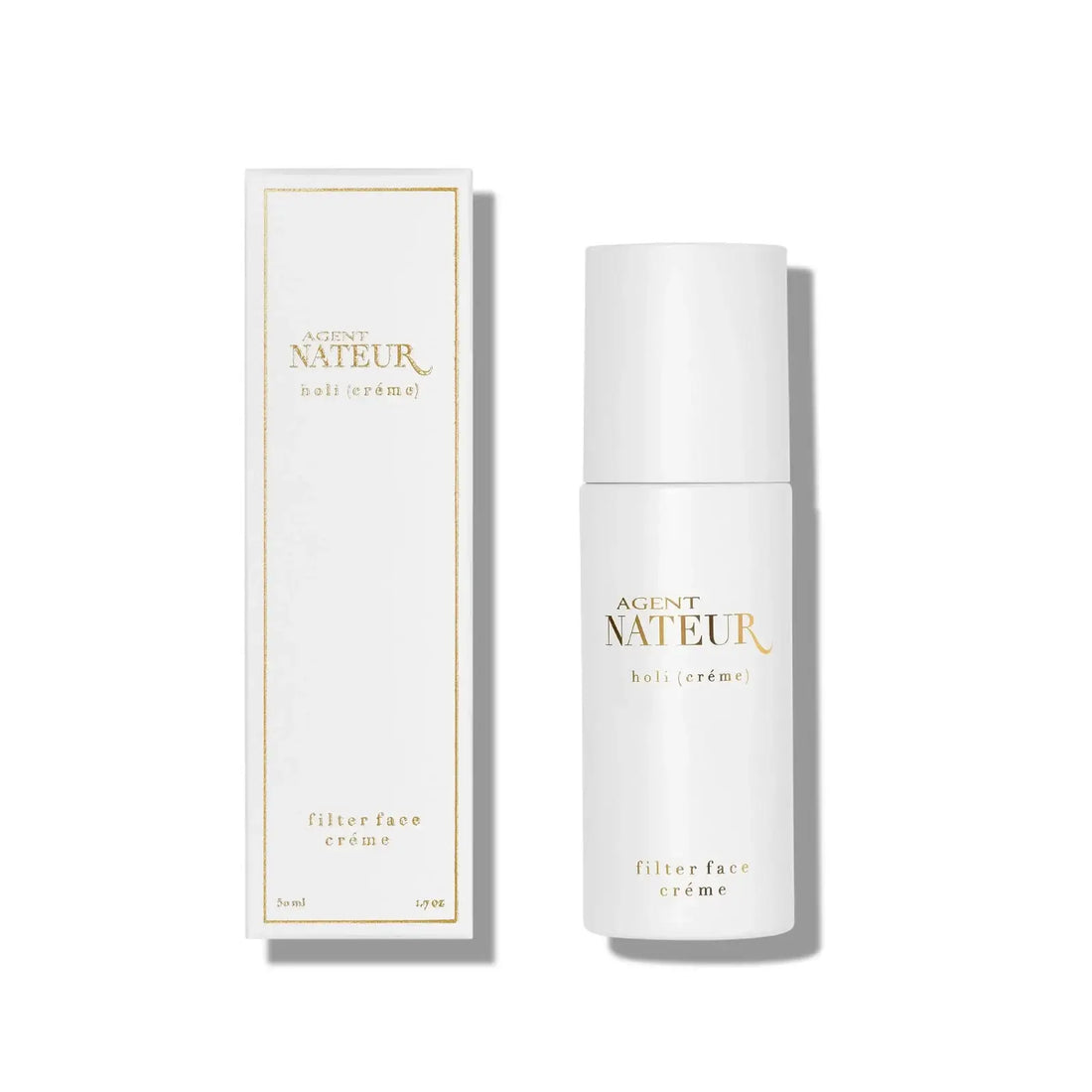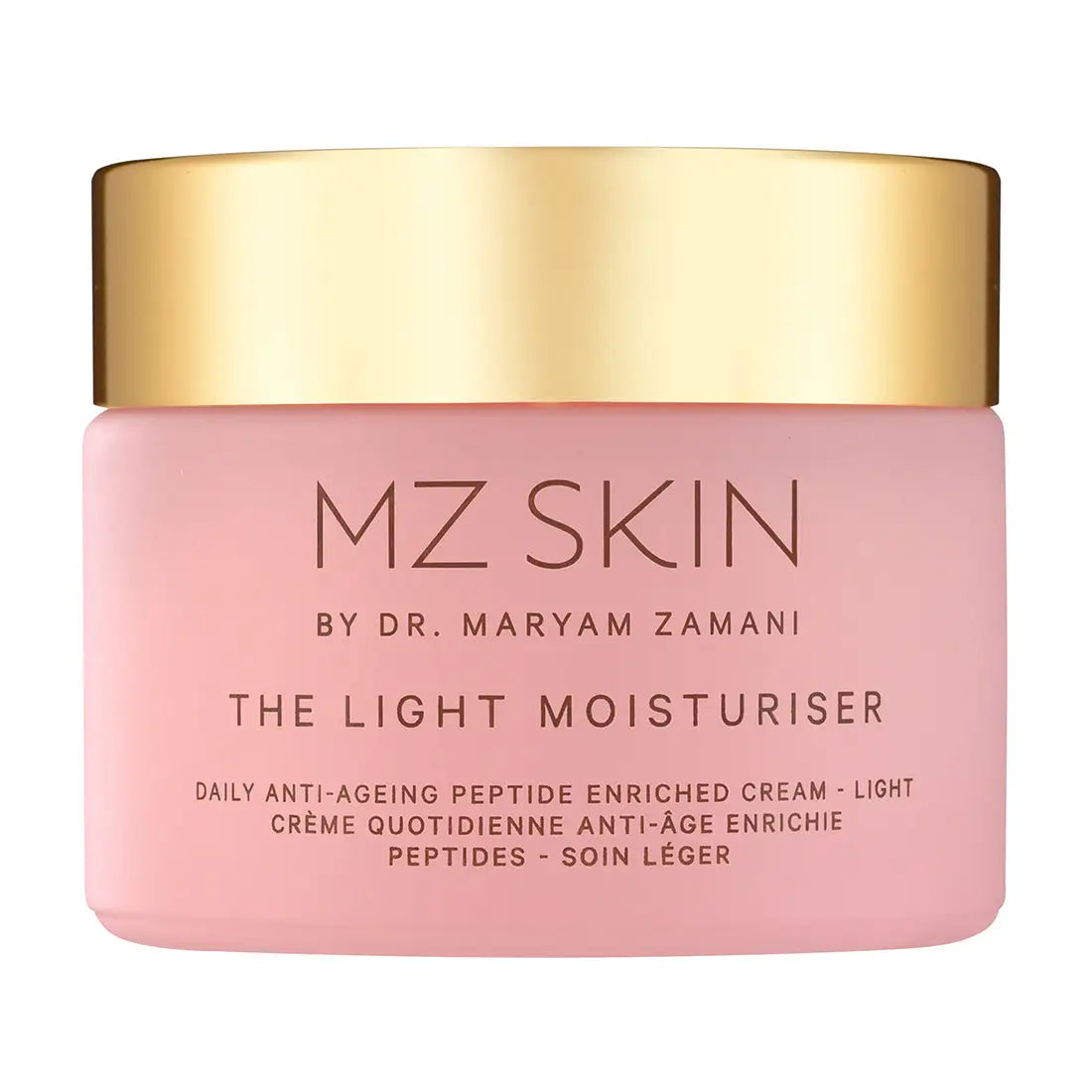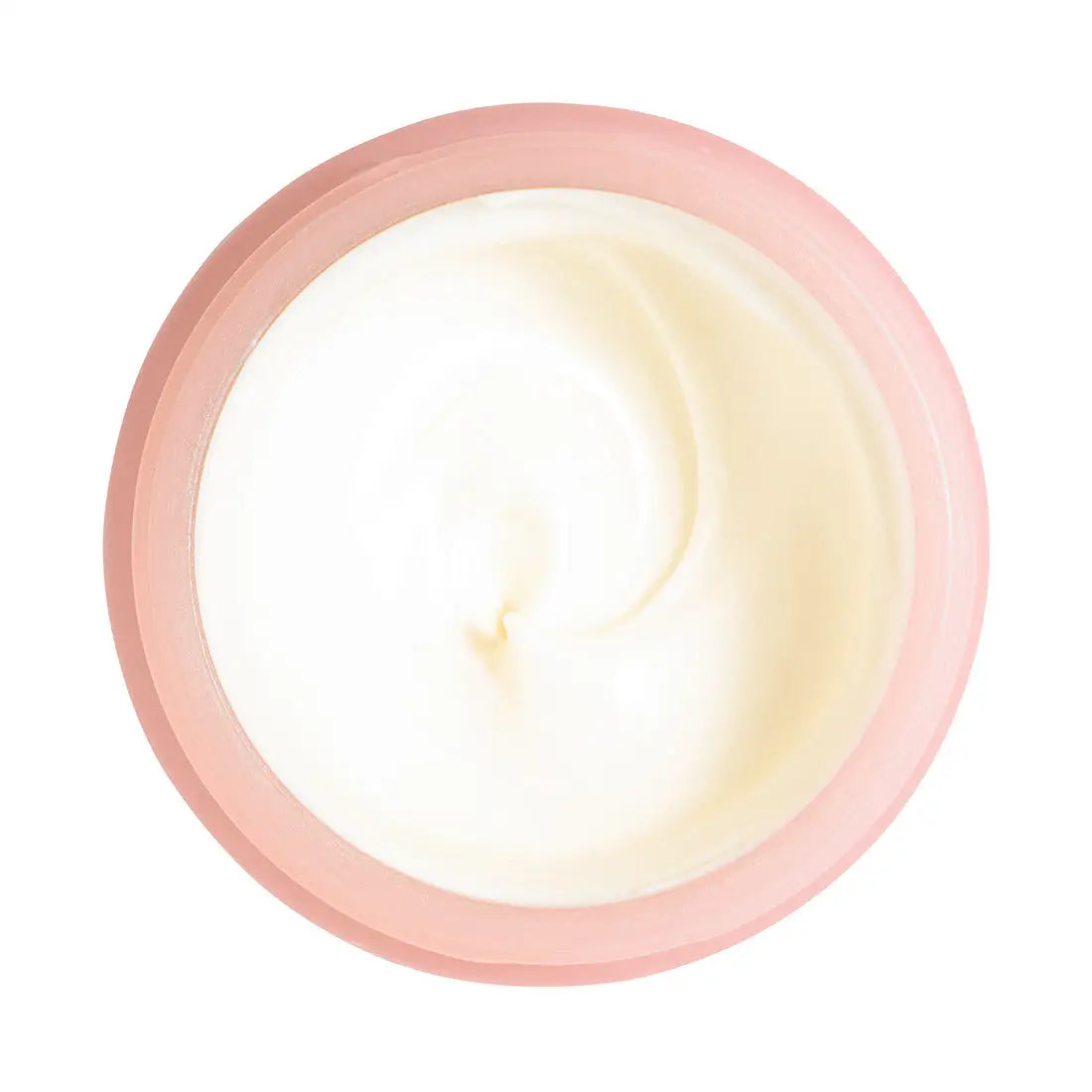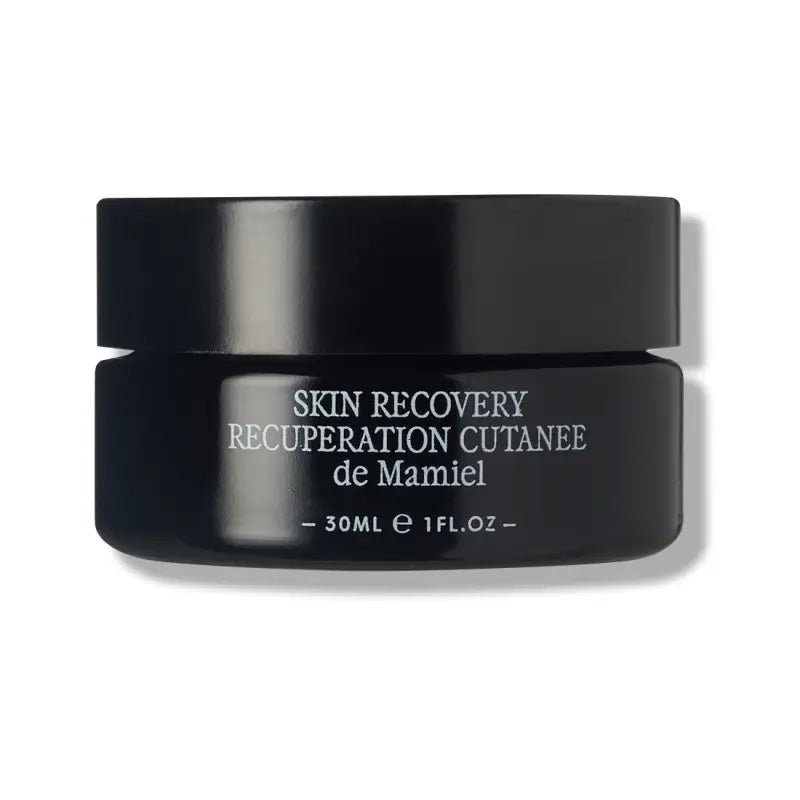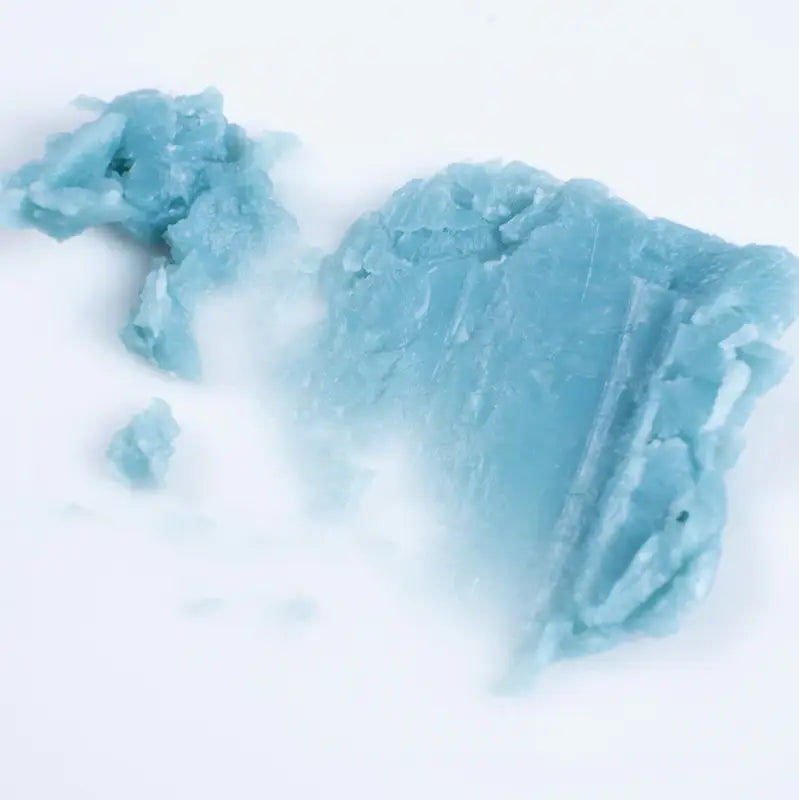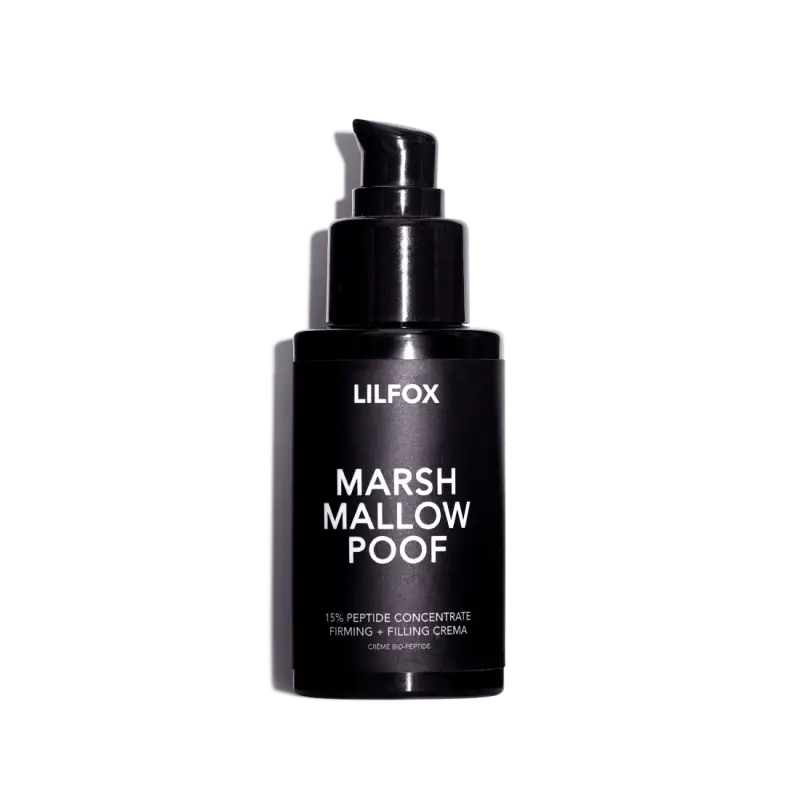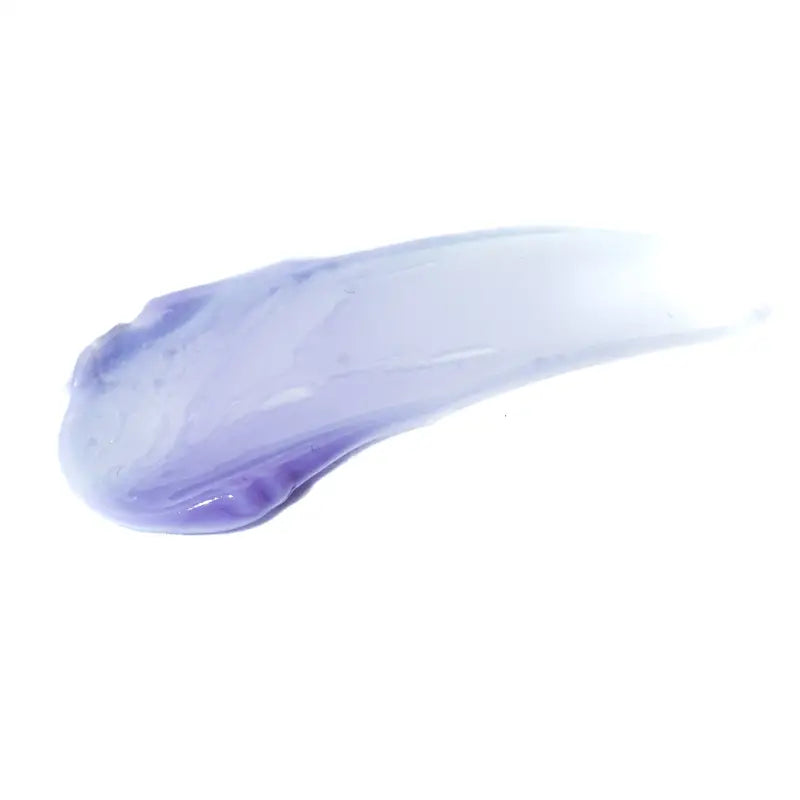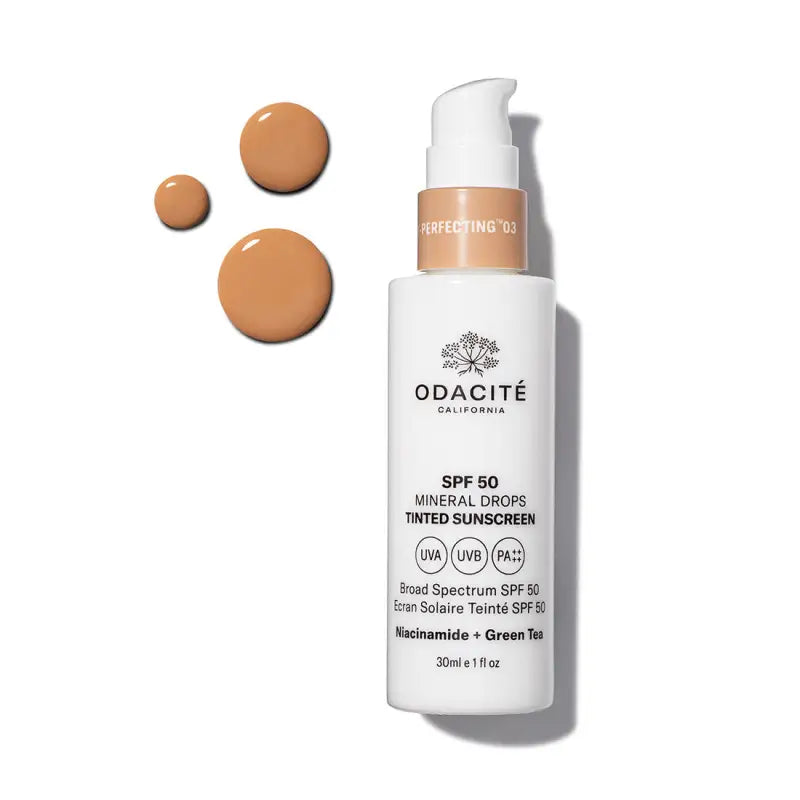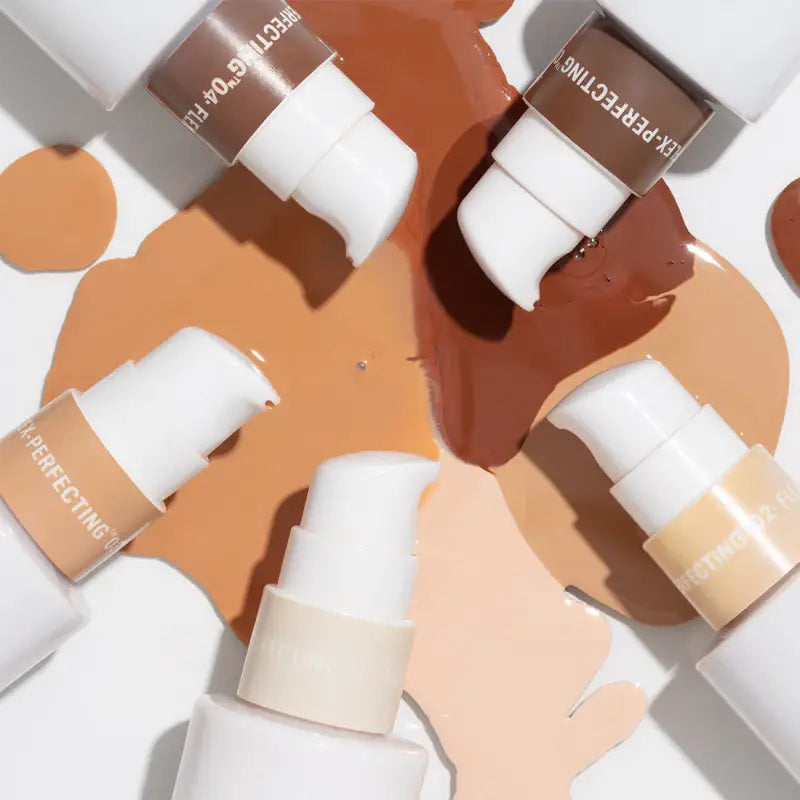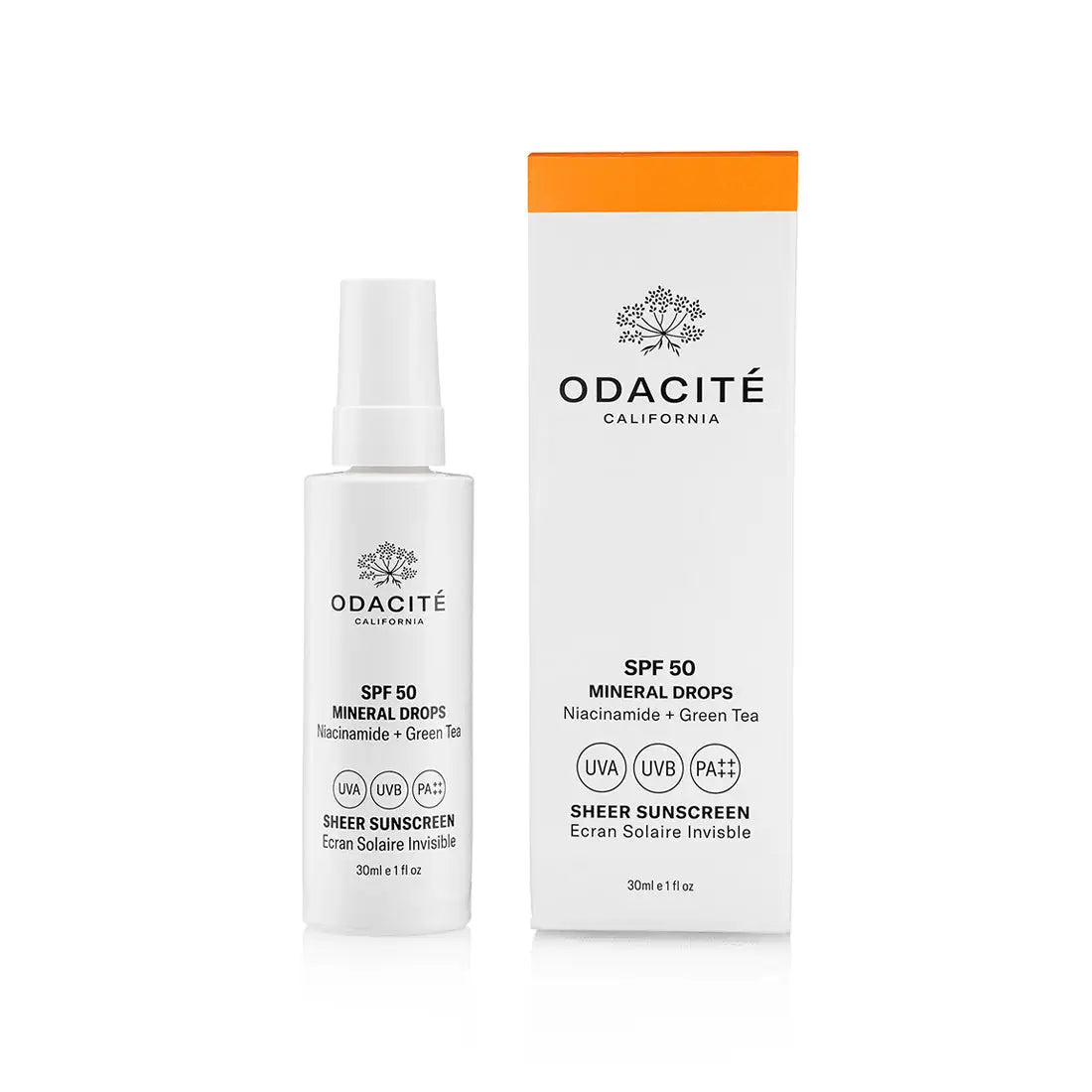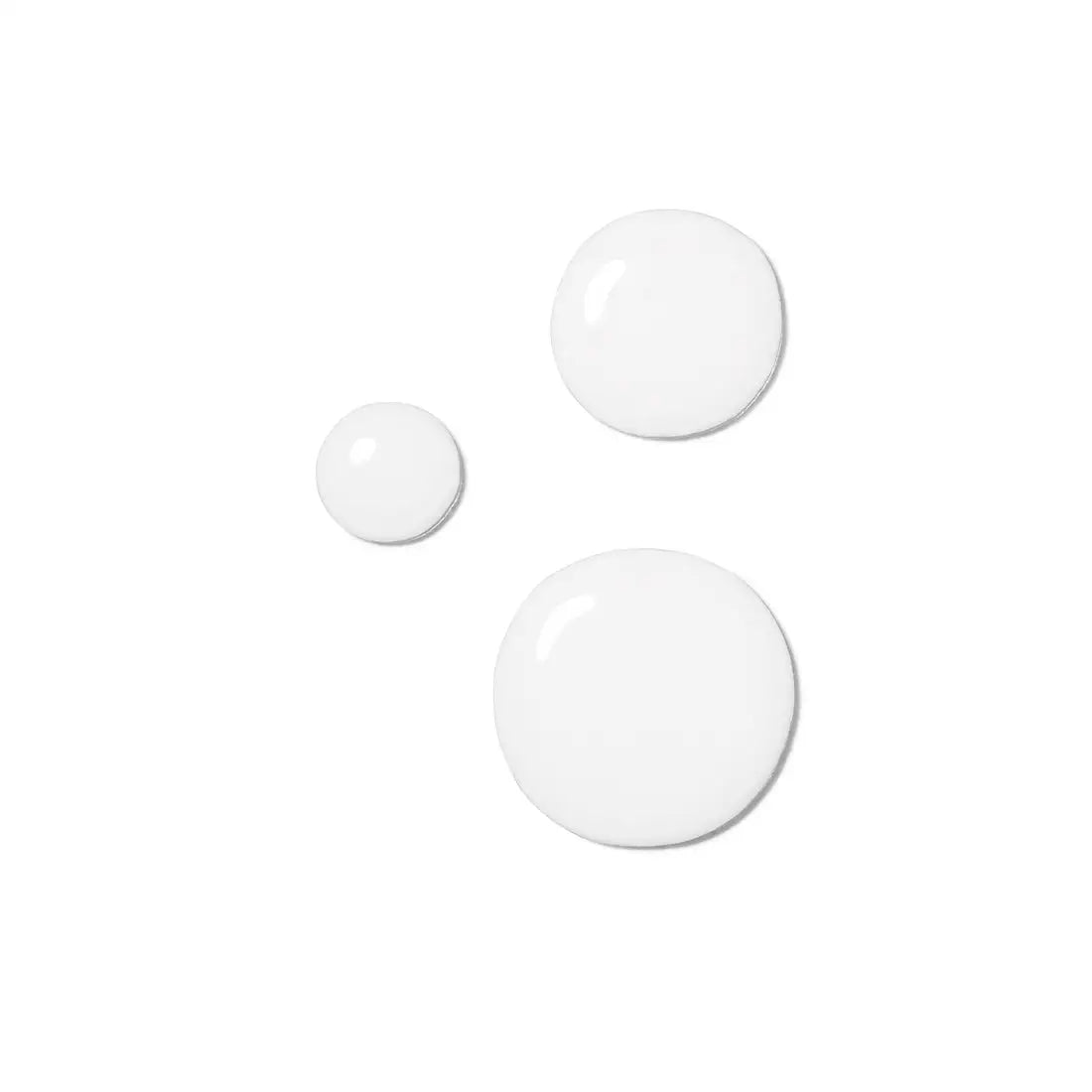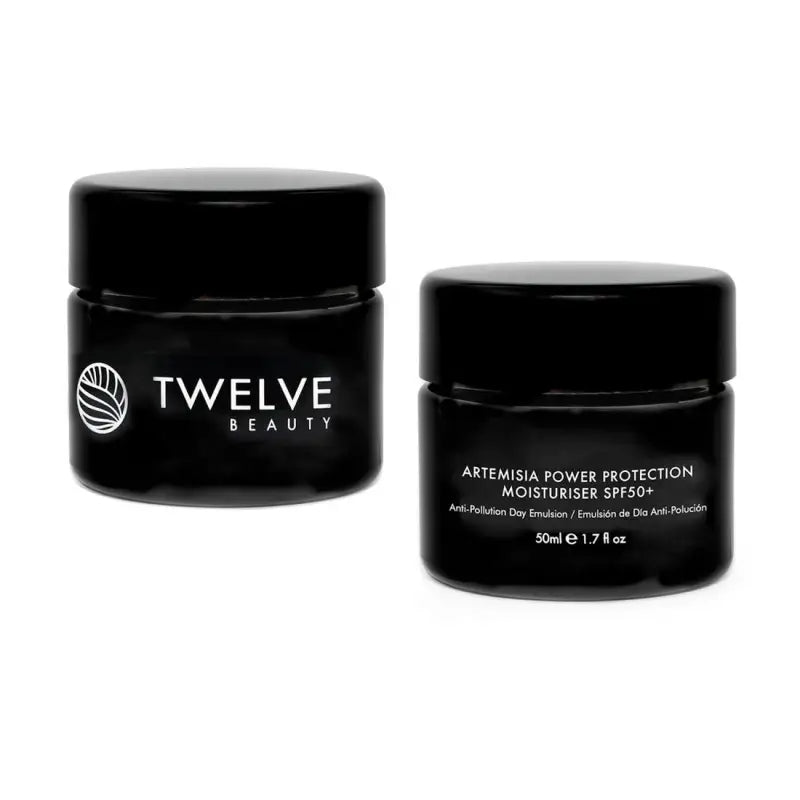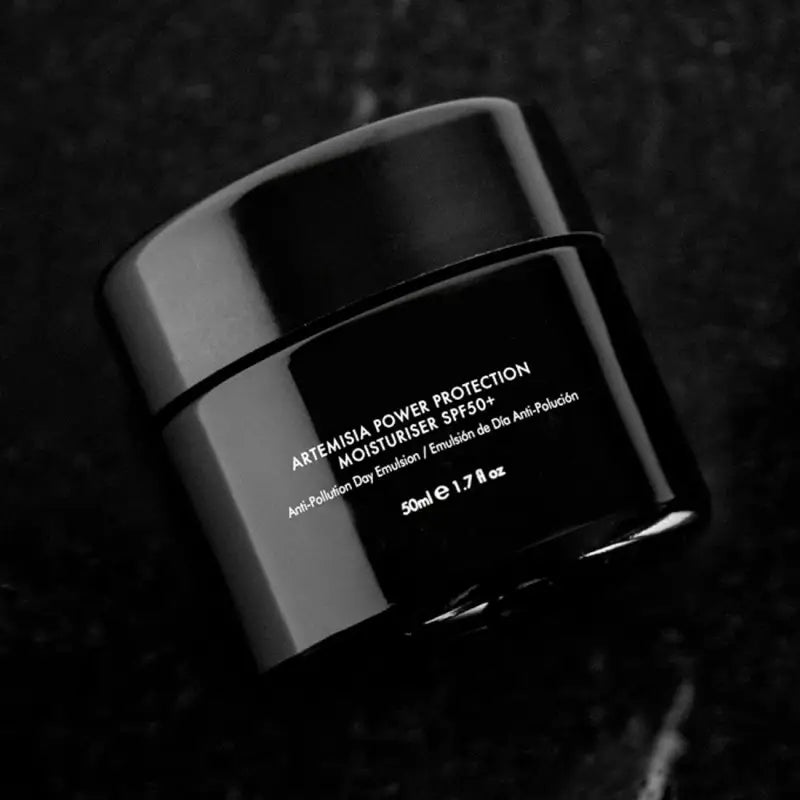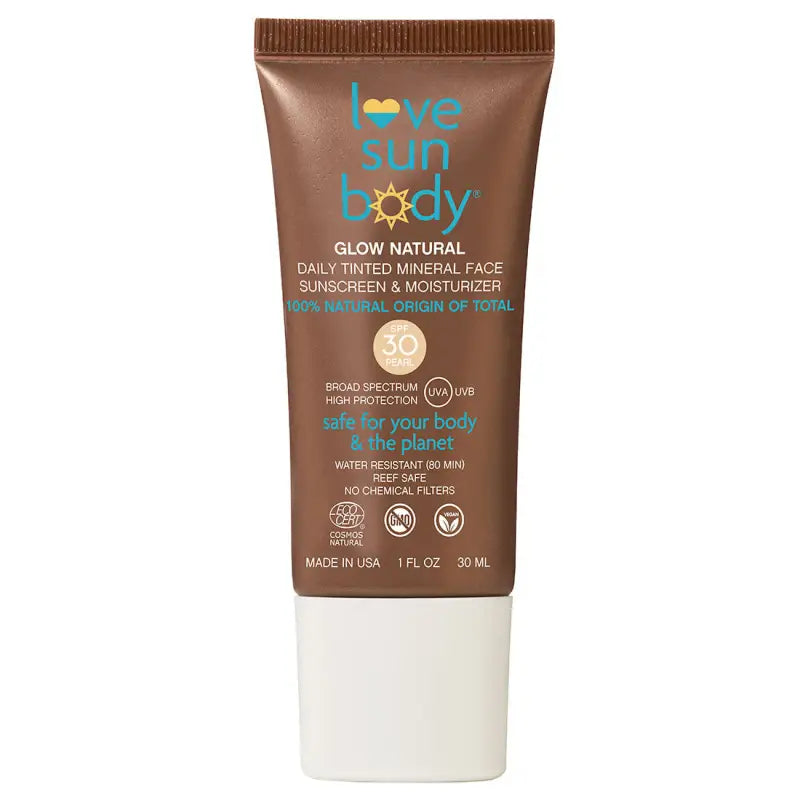Acne and blemishes are common skin concerns that affect millions of people worldwide, often causing frustration and impacting self-confidence. Navigating the vast world of skincare can be overwhelming, with countless products, ingredients, and treatments claiming to be the ultimate solution for clear skin. This comprehensive guide is designed to demystify acne and blemishes, providing you with the knowledge you need to make informed choices about your skincare routine. In this article, we will delve into the causes and types of acne and blemishes, explore prevention and treatment options, and help you develop a personalized skincare routine tailored to your unique needs. With the right understanding and approach, you can confidently work towards achieving healthier, clearer skin.
Goodbye to Acne: Expert Tips and Effective Solutions for Clearer Skin
What is Acne?
Acne and blemishes are two distinct yet interconnected skin issues that often occur together. To develop a targeted skincare routine, it is essential to understand the differences between them and their underlying causes.
Acne is a prevalent skin condition characterized by the clogging of hair follicles with oil and dead skin cells. It presents itself in a variety of forms, including whiteheads, blackheads, pimples, papules, pustules, and cysts. The severity of acne can span from mild to severe cases, with cystic acne considered the most aggressive type.
The primary causes of acne include excess sebum (oil) production, the accumulation of dead skin cells, and the presence of Propionibacterium acnes (P. acnes) bacteria. In addition to these factors, hormonal fluctuations experienced during puberty, menstruation, and pregnancy can also contribute to the development of acne.

What are blemishes?
Blemishes refer to imperfections on the skin's surface, such as dark spots, post-acne marks, scars, and hyperpigmentation. Although blemishes can result from acne, they may also stem from other factors like sun damage or skin injuries.
Various factors can contribute to the development of blemishes, including inflammation from acne, skin trauma, or excessive sun exposure. For instance, hyperpigmentation takes place when the skin produces an excess of melanin in response to inflammation or UV exposure, which leads to an uneven skin tone and the appearance of dark spots.
Risk factors and triggers
Hormonal fluctuations are known to increase sebum production, which makes the skin more susceptible to acne. This heightened vulnerability is commonly observed during puberty, menstruation, pregnancy, and in individuals with polycystic ovary syndrome (PCOS).
Genetics also play a role in the development of acne, as a family history of the condition can increase one's susceptibility. Specific genetic factors can influence sebum production and skin cell turnover, thereby contributing to acne.
Lifestyle factors, such as poor diet, inadequate sleep, and insufficient hydration, can all contribute to the formation of acne and blemishes. Furthermore, using inappropriate skincare products or over-cleansing can disrupt the skin's natural barrier and exacerbate acne issues.
Stress is another factor that can trigger the release of hormones, resulting in increased oil production and a higher likelihood of developing acne and blemishes.
Gaining an understanding of the factors contributing to acne and blemishes is crucial in developing a targeted skincare routine. By identifying these underlying causes, you can better address your specific skin concerns and work towards achieving healthier, clearer skin.

Prevention and Treatment
- Double cleansing: Begin with a gentle double cleansing method to ensure your skin is thoroughly cleansed. Start with an oil-based cleanser to dissolve makeup, dirt, and excess oil effectively. Follow this with a water-based cleanser to remove any remaining impurities and provide a deep clean without stripping the skin.
- Exfoliation: Regular exfoliation is crucial for eliminating dead skin cells that can clog pores and lead to acne. However, it's important to avoid over-exfoliation, as it can cause irritation and compromise the skin's barrier. Opt for a gentle exfoliant suitable for your skin type, and limit exfoliation to once or twice a week.
- Toning: After cleansing, apply a toner to restore the skin's pH balance and provide additional hydration. Choose a gentle, alcohol-free toner that contains soothing and hydrating ingredients like chamomile, aloe vera, or rosewater.
- Treatment: If you have specific skin concerns like acne or blemishes, consider incorporating targeted treatments into your routine. Look for products containing ingredients like salicylic acid, niacinamide, or benzoyl peroxide, which can help address acne and improve skin texture.
- Moisturizing: Keeping your skin well-hydrated is essential for maintaining its natural barrier and protecting it from external irritants. Select a moisturizer suitable for your skin type and ensure you apply it consistently, morning and night.
- Sun protection: Consistent sun protection is crucial for preventing UV-induced damage, which can worsen blemishes and contribute to premature aging. Use a broad-spectrum sunscreen with an SPF of at least 30, and apply it daily, even on cloudy days.
By following these skincare basics and adapting your routine to suit your skin's specific needs, you can effectively prevent and manage acne and blemishes, paving the way for healthier, clearer skin.

Home Remedies and Natural Solutions
Incorporating home remedies and natural solutions can provide a gentler approach to treating acne and blemishes. Ingredients like honey and cinnamon offer antimicrobial properties that help combat acne-causing bacteria, while green tea, rich in antioxidants, can help reduce inflammation and control sebum production. Aloe vera, known for its soothing and anti-inflammatory properties, is a popular choice for calming irritated skin.
In addition to the cleansing and skincare basics, over-the-counter treatments and professional treatments can be explored for more targeted or severe cases of acne and blemishes. Over-the-counter treatments such as salicylic acid, benzoyl peroxide, and retinoids can be effective in addressing specific concerns, while professional treatments, including prescription medications and in-office procedures like chemical peels, may be necessary for persistent cases. By combining a comprehensive skincare routine with appropriate treatments, you can effectively prevent and manage acne and blemishes, resulting in healthier, clearer skin.
Personalizing Your Skincare Routine
- Understanding Your Skin Type
The first step in personalizing your skincare routine is determining your skin type. Skin types typically fall into one of the following categories: normal, oily, dry, combination, or sensitive. Each skin type has unique needs and characteristics, so it's essential to identify yours to select the most suitable products and treatments.
- Addressing Specific Skin Concerns
Once you understand your skin type, focus on addressing any specific skin concerns you may have, such as acne, blemishes, redness, or hyperpigmentation. Look for targeted treatments and ingredients that are effective for your particular concerns. For example, if you struggle with acne, consider incorporating salicylic acid or benzoyl peroxide into your routine. If redness is an issue, look for soothing ingredients like aloe vera or chamomile.
- Balancing Your Routine
A well-balanced skincare routine should include cleansing, exfoliating, moisturizing, and sun protection. However, the specific products and frequency of use may vary depending on your skin type and concerns. For instance, oily skin types may benefit from more frequent exfoliation, while dry skin types may require additional hydration. Pay attention to how your skin reacts to the products and adjust your routine accordingly.
- Incorporating Lifestyle Changes
In addition to tailoring your skincare routine, consider making lifestyle changes that can positively impact your skin's health. This includes maintaining a balanced diet rich in fruits, vegetables, and healthy fats, getting adequate sleep, staying hydrated, and managing stress levels. These factors can all contribute to the overall health and appearance of your skin.
- Regularly Assessing Your Skin's Needs
As your skin's needs may change over time due to factors such as age, hormones, or seasonal changes, it's essential to reassess your skincare routine periodically. This will ensure that you continue to provide your skin with the appropriate care and products, promoting optimal skin health and addressing any new concerns that may arise.
By personalizing your skincare routine based on your skin type, concerns, and lifestyle factors, you can achieve healthier, clearer, and more radiant skin.
We've preselected some of our favorite products for those who are really busy.

Showcase products
Showcase your most popular items to help increase sales, and drawing attention to new products is a great perk for returning customers.

Oskia Skincare Violet Water Treatment Tonic 100ml
2% BHA CLARIFYING TREATMENT TONIC
With 2% Salicylic Acid, Colloidal Silver, Pro-Vitamin D3 & Violet Willow
CLEARING - EXFOLIATING - BRIGHTENING
A...
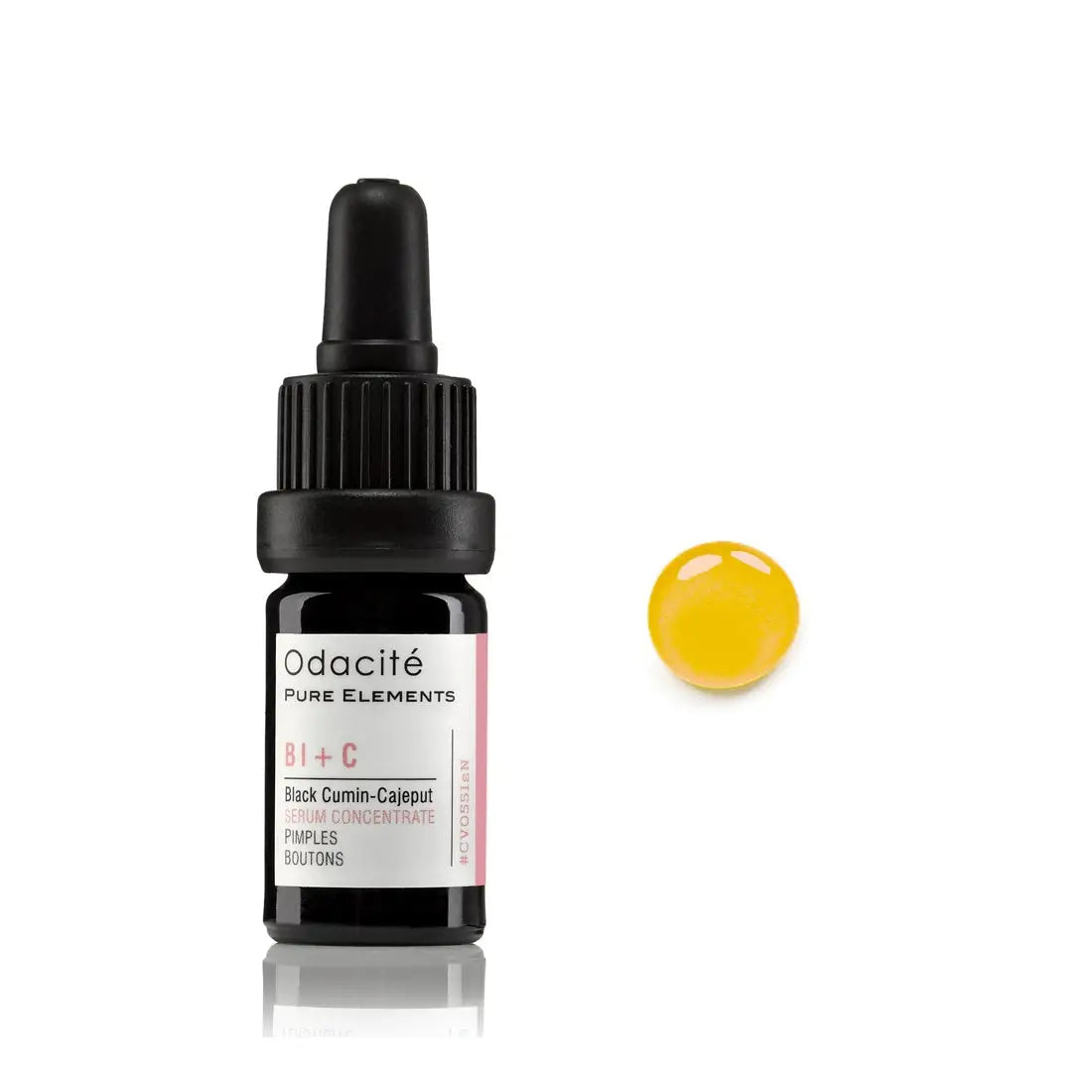
Odacite Bl+C Pimples Serum 5ml
Formulated to fight pimples, Odacite BL+C Pimple Serum Concentrate deeply penetrates pores to smooth, purify and clarify your skin for...
1. Cleansers for Acne and Blemish-prone skin
2. Moisturizers for Acne and Blemish-prone skin
3. Protection for Acne and Blemish-prone skin
Frequently Asked Questions (FAQs) about Eczema and Skincare
Can I wear makeup if I have eczema?
Yes, but choose makeup products that are hypoallergenic, fragrance-free, and non-comedogenic to avoid irritation.


